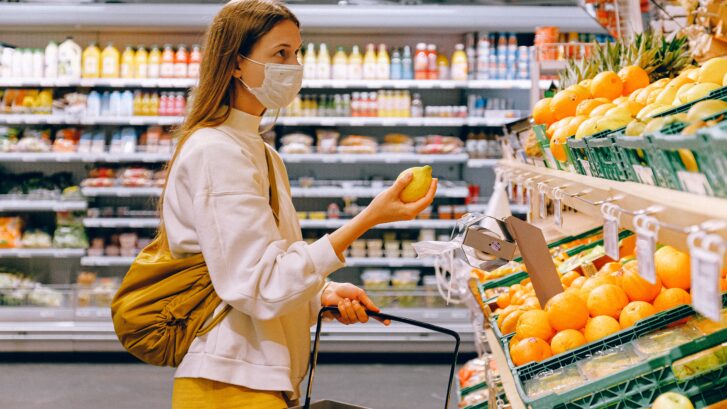What You Can Do After Your COVID-19 Vaccination
Only about 10 percent of the U.S. population has been fully vaccinated for the SARS-CoV-2 coronavirus. But vaccine supplies and distribution have been ramping up. The government expects to have vaccine available for everyone who wants it by the end of May. So our concierge doctors at MD 2.0 in Jupiter want to share the guidelines recently released by the Centers for Disease Control and Prevention (CDC) spelling out what you can do after your COVID-19 vaccination.
Different levels of protection
First, let’s review what it means to be “fully vaccinated.”
After the COVID- vaccination, the body begins to trigger an immune response to the simulated virus introduced in the vaccine. Thus, it knows how to respond when it encounters the real thing.
Both the Pfizer-BioNTech and the Moderna vaccines require two doses, spaced 21 and 28 days apart, respectively. Two weeks after receiving the second dose, you are considered protected, i.e., “fully vaccinated.”
The newly approved Johnson & Johnson vaccine requires only a single dose. Again, you are considered protected, or “fully vaccinated,” two weeks after receiving the shot.
In clinical trials, no one who took any of the three approved vaccines was hospitalized or died. Therefore, by that standard, the Pfizer, Moderna, and Johnson & Johnson vaccines were all 100 percent effective at preventing serious illness or death.
None of the approved vaccines, however, is 100 percent effective at preventing mild to moderate illness in vaccinated individuals. Researchers think the vaccines will prevent asymptomatic transmission of the virus to others. It’s still too soon to be certain, however, that this is the case.
Remember, the more people who become infected, the more chances the virus has to mutate. Then, it could possibly into something that a vaccine won’t be able to stop. So caution remains the best practice at this stage.
Different levels of freedom
Here is the new CDC guidance on life after your COVID-19 vaccination.
When you’ve been fully vaccinated:
- You can gather indoors with others who have also been fully vaccinated without wearing a mask.
- You can gather indoors with unvaccinated people from one other household (for example, visiting with relatives who all live together) without masks.
- However, you should not gather indoors with unvaccinated people from another household if any of the people in that household are at an increased risk of severe illness from contracting COVID-19. This includes anyone with the following conditions:
- cancer
- chronic kidney disease
- COPD (chronic obstructive pulmonary disease)
- Down Syndrome
- heart conditions such as heart failure, coronary artery disease, or cardiomyopathies
- an immunocompromised state (weakened immune system) from a solid organ transplant
- obesity or severe obesity
- pregnancy
- sickle cell disease
- smoking
- Type 2 diabetes mellitus
- If you’ve been around someone who has COVID-19, you do not need to stay away from others or get tested unless you have symptoms.
- However, if you live in a group setting (like a correctional or detention facility or group home) and are around someone who has COVID-19, you should still stay away from others for 14 days and get tested, even if you don’t have symptoms.
What hasn’t changed
The CDC still recommends the following precautions even after vaccination. So many still haven’t been vaccinated, the vaccines don’t offer 100 percent protection against milder forms of the illness, and there’s still remaining uncertainty surrounding transmission.
Even if you’ve been fully vaccinated:
- You should still take steps to protect yourself and others in many situations. This includes still wearing a mask, staying at least six feet away from others, and avoiding crowds and poorly ventilated spaces whenever you are:
- in public
- gathering with unvaccinated people from more than one other household
- visiting with an unvaccinated person who is at increased risk of severe illness or death (as described above) from COVID-19 or who lives with a person who is at increased risk.
- You should still avoid medium or large-sized gatherings.
- You should still delay domestic and international travel.
- Continue to watch out for symptoms of COVID-19, especially if you’ve been around someone who is sick. If you have symptoms of COVID-19, you should get tested and stay home and away from others.
- You will still need to follow guidance at your workplace.
We’re not there yet
The bottom line is, although we can see the light at the end of the tunnel, we still have a few more months to go. Soon, enough people have received the vaccine to protect us all and stop the spread of more dangerous and/or more transmissible variants.
As always, if you have any questions or concerns on this or any other health care topic, our primary care doctors are always available for you.

